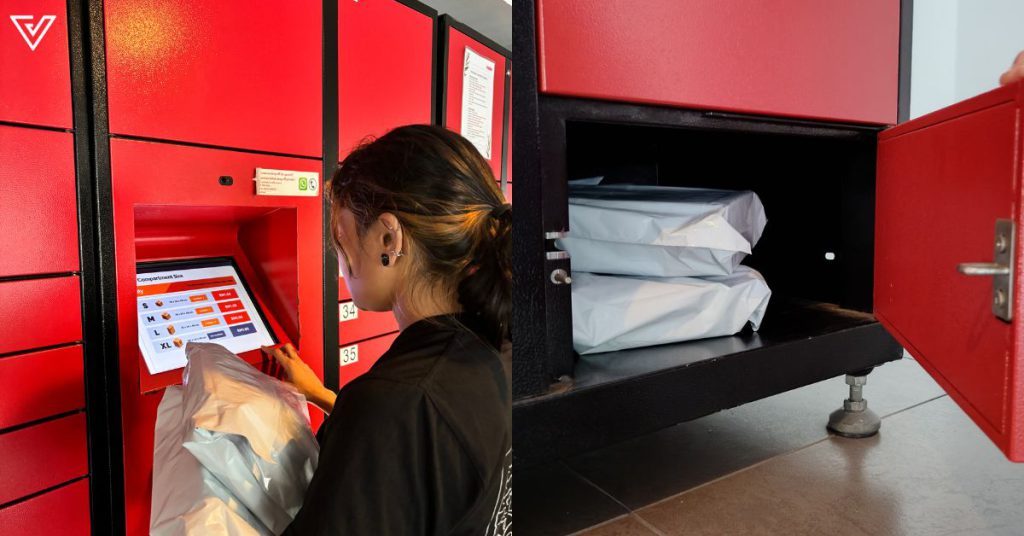E-commerce only accounts for a small percentage of retail in Southeast Asia, but not in Singapore. In a region of 630 million people, rising internet penetration and a growing middle-class, Singapore shows significantly higher e-commerce success than its neighbours. With only 8% of the region’s population, Singapore generate one-third of total online retail sales. Is there space for further growth?
A dynamic market
Of all online shoppers in Southeast Asia, Singaporeans are the most active and the following statistics won’t be lost on brands seeking to build a large digital consumer base in Singapore. Indeed, Statista reports that, in 2019, the number of online shoppers reaches 3.6 million in country that count around 5.6 million souls. The potential is impressive, especially since 67% of the Singaporean shop at least once per year according to the Economic Development Board and 26% once a week according to a survey Visa released back in 2014.

Being at the crossroads of international air and shipping routes is an asset and the country is a hub of communication and transportation in the region. Not only is Singapore a ripe market in and of itself, it also presents a reliable e-commerce gateway to Southeast Asia and cross-border sales already form more than half of the transactions which is significantly higher than the 18% in Japan, the 25% in South Korea and the 40% in Malaysia.
The reasons behind this dynamism
Digital commerce is on the brink of explosion in Singapore since the government, which supports a better living using technology, aim at being a Smart Nation.
As a consequence, Singapore has many advantages for entrepreneurs who want to establish their business in the region, which makes the country as one of the most attractive.
- Low Taxation for Goods: In Singapore, the “Goods and Services Tax” (GST), which is equivalent to the “Value Added Tax” (VAT) reaches 7%, which is quite low comparing to other countries. While there are other regulations business owners should be aware of regarding the GST, this low taxation is an asset to develop the e-commerce.
- Mature Payment Infrastructure: E-commerce consumers can rely on Singapore’s secure payment infrastructure. Online shopping by way of credit card is well established with 74% preferring this method of payment. Online payment is not restricted to credit card and direct debit, bank transfer and eNETS are also popular.
- Digital Natives: As the 39th richest country in terms of per capita ranking, all indicators point to consumers with growing disposable income. Singapore currently has well over 3.6 million e-commerce users. By 2021 this number is projected to have increased by a million. That is over 4 million Internet shoppers spending an average of USD $1200 per annum.
- Friendly Regulatory Environment: Singapore has purposefully adopted regulations that specifically address e-commerce. Corruption is at a global record low, customs and tax procedures are straightforward and, as a consequence, World Bank ranks Singapore second regarding the “Ease of Doing Business Score”.
Ease of Doing Business Score

It’s time to benefit from this growth
Singapore represents the strongest e-commerce market in Southeast Asia and there are still various opportunities to launch your shop, to sell directly in Singapore and in the region.
Back in the days, launching a website was not easy. While there was a need to build a team (i.e. developers, user-experience specialists, digital marketers), integrated solutions like Shopify are now available and come with a range of features that are necessary to sell online . It makes entrepreneurs’ life easier, allowing them to launch a store in a fast way, for an affordable with packages that start from USD$ 29 per month.

Online builders include the main feature an e-shop needs to have to operate:
- Server: If you do not have technical knowledge, that kind of solution is best for you. Online builders manage their own servers where they store your website. You do not have to worry about technical settings as they are in charge of that.
- Theme: Platforms like Shopify propose themes that you can choose from. While you can modify them to make them more personal, it will be quite straightforward to have a website that match your brand identity.
- Cart: No need to develop a complex sales process as online builders directly integrate them when you subscribe to a package. Cart recovery, fraud analysis, mens of payments and order management are part of the features you will have access to.
- Admin Panel: Solutions like Shopify will allow you to access a user-friendly administration panel where you can manage your online shop. That way, adding products, amending content, uploading images and following your sales is easy.
However, having a shop means attracting visitors that will buy your products. If online builders propose extensions that will help you to manage your marketing strategy, efforts are required in Singapore as the market is quite competitive.
If you’re a newcomer, you will have three main solutions to develop your traffic and sales:
- Invest on Ads: Google Adwords and Facebook Ads are among the best tools and mobile ads already represent half of the publishers’ spendings. While it can be a good idea to use paid ads to start creating visits to your shop, the CPC (cost per clicks) model can become expensive, especially if you have a limited budget.
- Rely on SEO: Getting your pages ranked in search results will require some time, around 6 months if your store is properly set-up. While online builders integrate solutions to maximise your SEO strategy, you will have to make sure that you have the right keywords in your Title Tags and that you launch a proper content marketing strategy to develop links to your products as well as to publish fresh content. Communicating with websites located in Singapore, such as local blogs and newspapers is also a good practice to increase your brand awareness and your SEO.
- Reach influencers: Singaporeans are highly connected to social network and while building a community should be a priority, working with local influencers is now a trend and a great way to make your products famous.
Launching an e-commerce platform in Singapore is not easy due to the competitiveness of the market but making it happen it easier than before. In a country that aims to be a connected market, there are many ways to create your store thanks to online builders and various possibilities to promote it. Are you ready for your next adventure?















